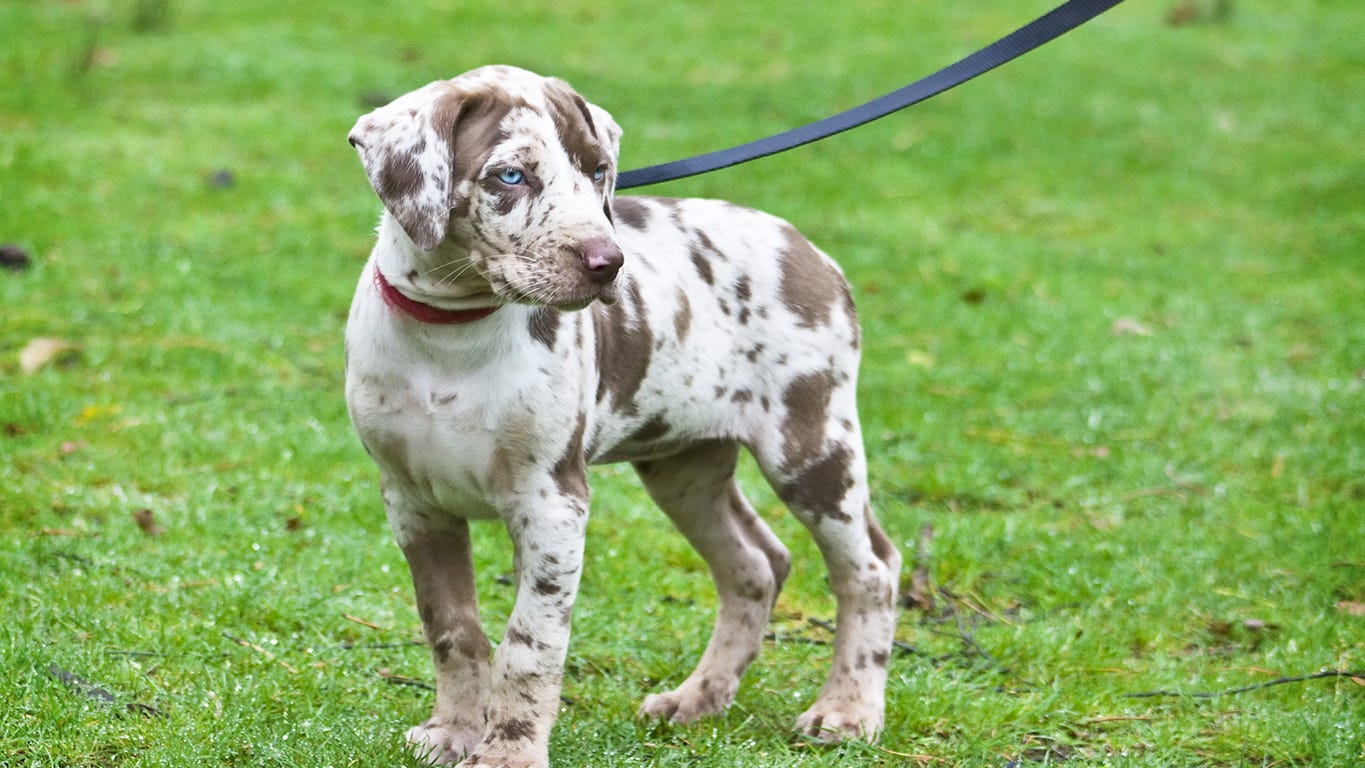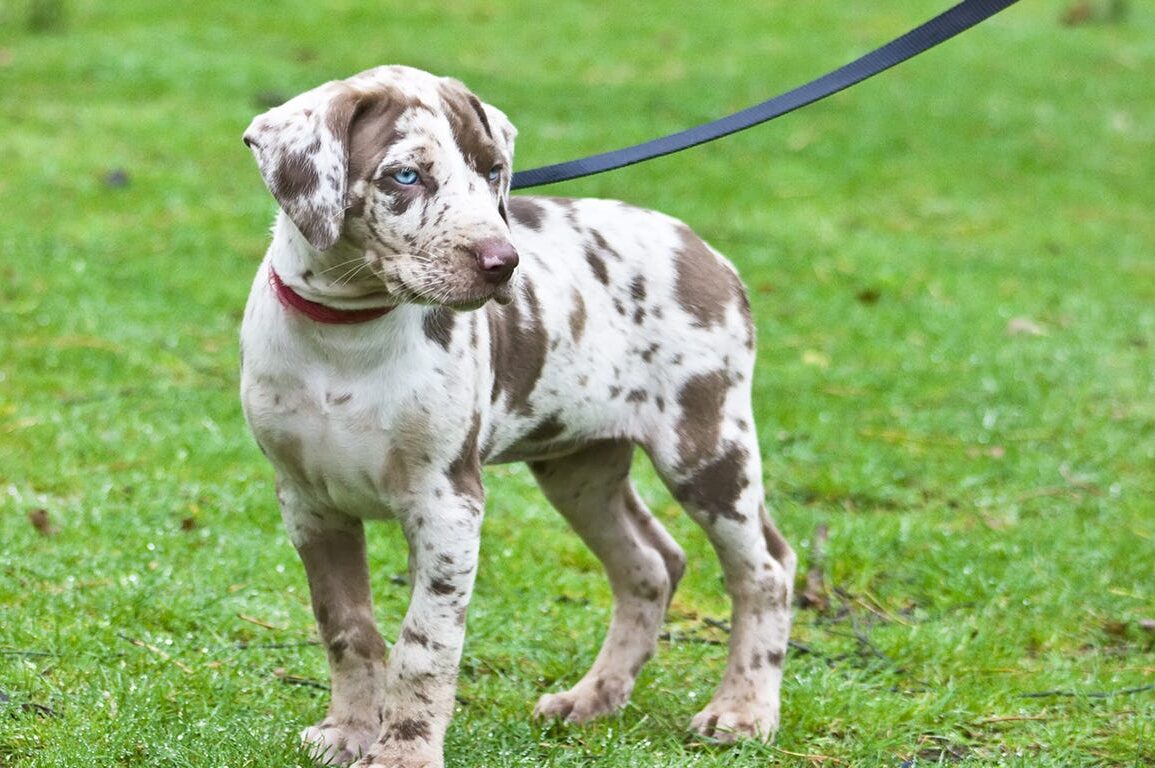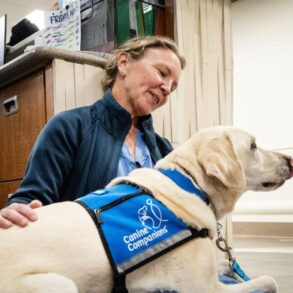
For pet owners, age is just a number. It doesn’t matter if they’re 10 months or 10 years old, the bond between an owner and their dog can be transformative and life-fulfilling.
Pets are an especially important pillar in childhood. Studies from the Human Animal Bond Research Institute found children in families with dogs have greater socio-emotional outcomes and more unstructured physical activity than those from non-dog households.
It’s understandable to wish your dog could live forever, but life expectancy may need to be an important family conversation. Here’s a little background to get you started.
How long do dogs live?
The lifespan of your furry friend depends on size and breed says Nicole Savageau, a veterinarian with The Vets.
Small dogs, like Chihuahuas, Yorkies, Maltese or Shih Tzus typically live between 14-16 years. Medium-sized dogs, including golden retrievers, French bulldogs and cocker spaniels, live closer to 10-12 years. Large or giant breed dogs – think Great Danes, Irish wolfhounds, Saint Bernards – usually only live between seven and 10 years.
The only exception to the size rule Savageau has seen is cattle dogs.
“Multiple cattle dogs I saw were over 20 years old, and they are truly a medium breed, so most medium breeds would only live to be 10 to 12,” Savageau says. “These dogs are living 8+ years longer than that and I’ve never seen anything like that.”
Dog lifespans and size: Why do small dogs live longer?
There isn’t a ton known about why small dogs live longer, though a 2023 study published in the American Naturalist found larger species of dogs may be more susceptible to cancer because of selective breeding practices.
“(Big dogs) get a lot of arthritis when they’re older, they can’t move around as much so their size might be a part of it,” Savageau says. “Even when they don’t have horrible problems, they just don’t tend to live long.”
Do mixed-breed dogs live longer?
There is some evidence that suggests mixed-breed dogs live longer than purebred dogs, according to a 2019 study, but the difference in lifespan decreases if the mixed-breed dogs are bigger.
It depends on the genetic lottery, says Savageau, meaning a mixed-breed dog could miss out on the genetic conditions associated with the breeds they’re mixed with. On the flip side, they could also inherit all of the genetic conditions from the breeds they descend from.
“Sometimes the opposite is true and mixed breed dogs actually get multiple problems from their initial genetics, and sometimes they actually do a lot better because some of those recessive genes are bred out of them,” she says.
Golden retrievers, for example, commonly die of a spleen cancer called hemangiosarcoma around age 10-12. A mixed-breed dog who is part golden retriever could potentially miss out on that disease. But there’s no way to guarantee, Savageau says.
How long do dogs live in human years?
Dogs age differently, and faster than humans. The first year of a puppy’s life is about 15 human years, according to the American Veterinary Medical Association. The second year is equivalent to nine human years, and then each subsequent dog year is about four to five human years.
AVMA’s calculations are based on dogs between 21-50 lbs. So medium dogs, with a life expectancy of 10-12 years, will live to be the human equivalent of approximately 60 to 69 years old.
How to extend your dog’s lifespan
- See the vet every year: Take your pup to its annual checkup, and make sure to get bloodwork done yearly if you have a senior dog. “A lot of times we’ll get age-related diseases that can be managed and the sooner you catch them, the better managed they are and the longer they can live,” Savageau says.
- Keep your dog lean: Obesity in dogs can decrease their lifespan by over two years
- Vaccinate and prevent diseases: Check in with your vet about how to best vaccinate your dog. Savageau also recommends keeping up with heartworm prevention by giving your pup a deworming pill as instructed by your vet.
- Dental health: Poor dental health can cause additional problems or diseases in your dog. Ask your vet about a recommended cleaning routine for your dog.
You might not want to think about the end of your dog’s life when you first get them, but Savageau says it’s an important step every owner should take, regardless of the animal.
“From the moment you get an animal, it’s good to research what their life expectancy is, and just have that in your mind,” Savageau says. “That way when the time comes, it’s just easier emotionally.”
What is the best dog food?:Experts recommend these top four brands
Just Curious for more? We’ve got you covered.
USA TODAY is exploring the questions you and others ask every day. From “What human foods can my dog eat?” to “What exercise burns the most calories?” to “Why do dogs lick feet?” – we’re striving to find answers to the most common questions you ask every day. Head to our Just Curious section to see what else we can answer for you.
This post was originally published on this site be sure to check out more of their content.
















































